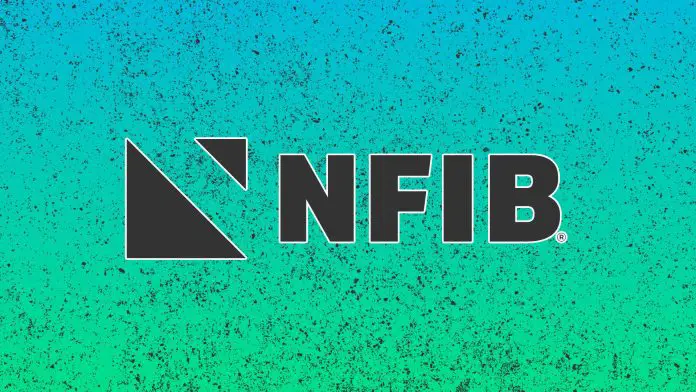Azumi Limited, which operates several prominent restaurants including Zuma in New York and Las Vegas, has agreed to pay over $3.6 million to resolve allegations surrounding its Paycheck Protection Program (PPP) loans. This resolution underscores the importance of compliance with federal assistance programs and highlights potential pitfalls for small business owners navigating similar governmental support systems.
The PPP was launched in March 2020 as part of the federal response to the COVID-19 pandemic, designed to help small businesses maintain their workforce and cover other expenses. However, the program’s eligibility rules are strict. Participants were required to certify the accuracy of their loan applications and adhere to limitations set on the total funding that a single corporate group could receive. Assistant Attorney General Brett A. Shumate emphasized, “PPP loans were intended to assist eligible small businesses during the pandemic,” stressing the harm caused by ineligible entities obtaining funds unlawfully.
The Azumi Entities, which include multiple LLCs operating large restaurant venues, admitted to receiving second-draw loans that exceeded their allotted limits as a corporate group. As part of their settlement, they will also forfeit the loan forgiveness previously granted on those loans. This serves as a critical warning to all small businesses that stringent adherence to program regulations is paramount.
Small business owners may find valuable insights in this situation regarding the use of federal funds. The PPP was designed explicitly to support small businesses, but missteps in application can lead to severe consequences. U.S. Attorney Leah B. Foley remarked, “Our office is committed to holding accountable those who misappropriated taxpayer-funded relief program limits.” This statement reflects a broader commitment by federal authorities to ensure that relief funds effectively support those most in need.
For businesses considering seeking government funds, it’s crucial to understand that eligibility requirements are not merely formalities—they are integral to the program’s integrity. Violations, even unintentional, can result in hefty penalties, including fines or being required to repay loans.
The resolution of claims against the Azumi Entities stemmed from the qui tam provisions of the False Claims Act, which allow private parties to file lawsuits on behalf of the government in situations of alleged fraud. A part of the settlement will reward the whistleblower, GNGH2 Inc., with approximately $360,000. For small business owners, this serves as another reminder of the importance of ethical practices and the potential benefits of reporting fraudulent activities.
While the settlement resolves the current legal issues for the Azumi Entities, it does not come without potential challenges for small business owners who might consider applying for similar programs in the future. First, understanding and navigating the complex regulations around these financial assistance programs is critical. Small businesses must ensure that they have a deep grasp of the eligibility requirements to avoid any missteps.
Additionally, the reputational damage that can arise from misusing public funds can have long-lasting effects on a business’s relationships with customers, suppliers, and potential investors. Small business owners should proactively engage with legal experts or counselors who specialize in government assistance programs to ensure compliance.
This case illustrates a significant takeaway for small business owners: while financial relief programs can provide critical support, navigating the application process with diligence is essential. The consequences of missteps can be financially and reputationally devastating.
As federal authorities ramp up scrutiny into the use of PPP funds, small business owners should remain vigilant and well-informed. Ensuring adherence to all program stipulations is essential not only for the health of their business but also for preserving the integrity of crucial federal assistance programs designed to uplift the small business community.
For more details about the case and the implications it brings to the table, you can access the original press release from the U.S. Small Business Administration here.
Image Via BizSugar



